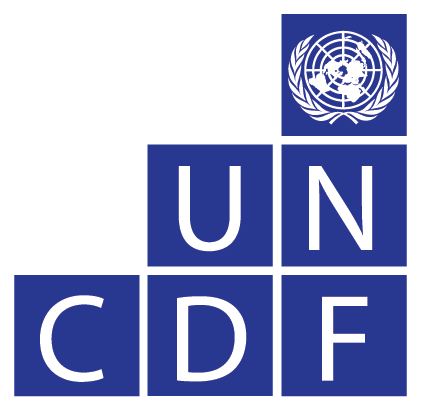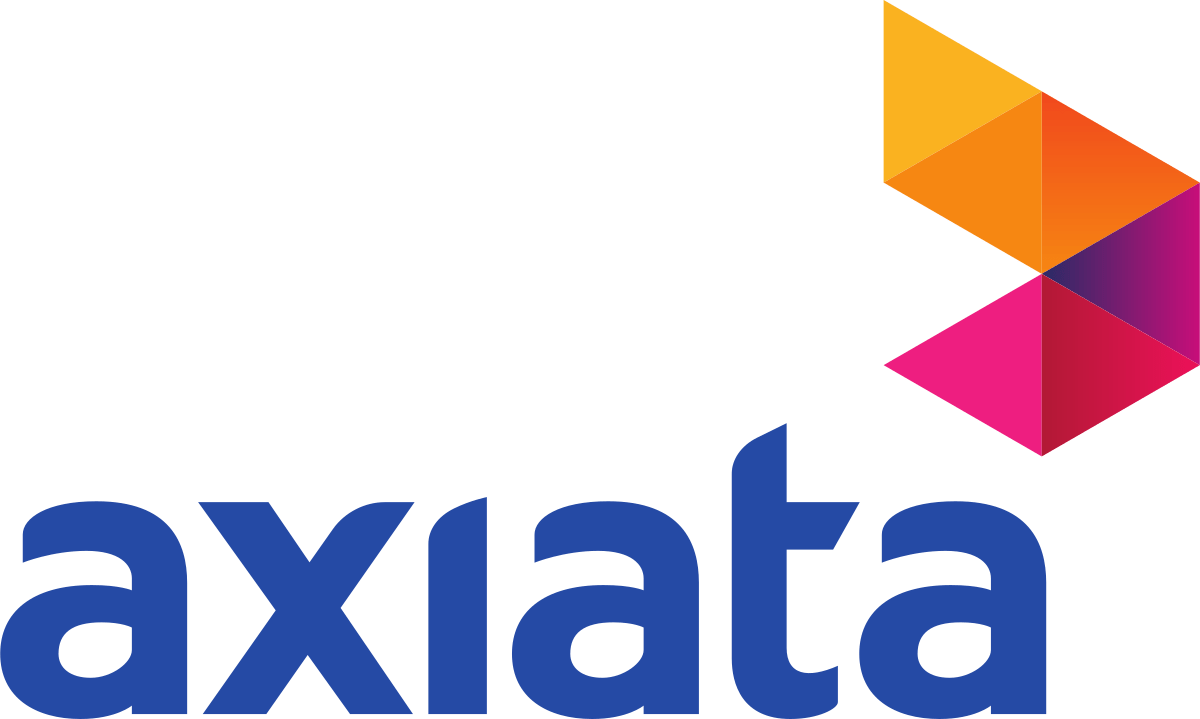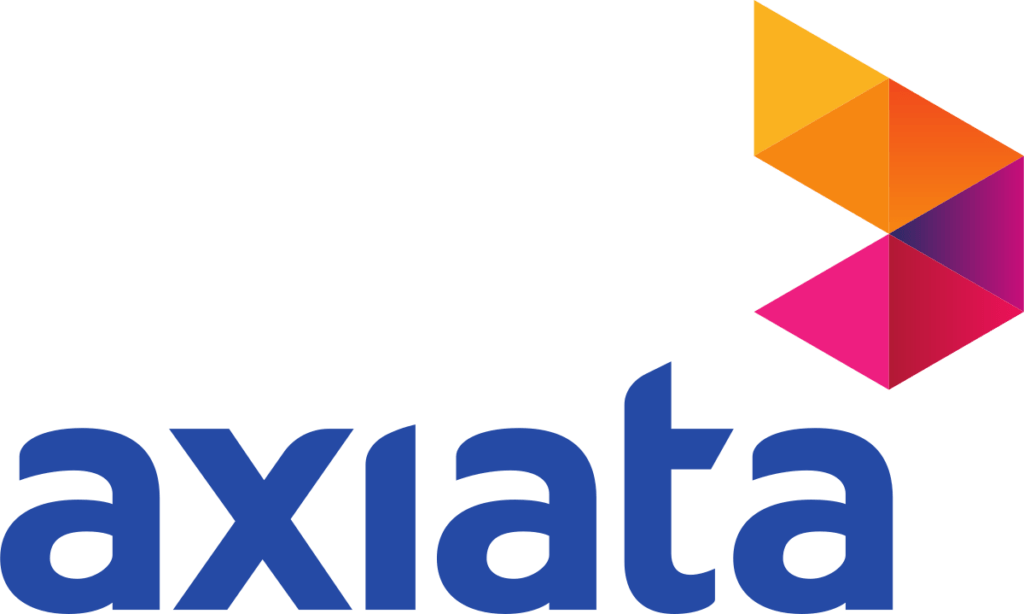
TA Digital Credit for Dairy & Agriculture microentrepreneurs
In the year 2018, Nepal transitioned to a late start-up stage with rapid expansion in the agent network, registered and active users and use-cases to drive digital payments. Leveraging the data on farmers’ income, their transaction history on the wallet and lastly the inwards remittance received by most farmers from relatives abroad or living in cities, UNCDF and Prabhu Pay designed and signed a project to extend digital credit to cooperative farmers.
Context:
In the year 2018, Nepal transitioned to a late start-up stage with rapid expansion in the agent network, registered and active users and use-cases to drive digital payments. Leveraging the data on farmers’ income, their transaction history on the wallet and lastly the inwards remittance received by most farmers from relatives abroad or living in cities, UNCDF and Prabhu Pay designed and signed a project to extend digital credit to cooperative farmers.
Objectives:
- The objectives of the assignment are:
- Defining the digital credit process and risk management mechanisms.
- Develop a requirement specification document and a logic workflow for credit scoring solution.
- Define the parameters for credit assessment based on a thorough statistical assessment of data quality and data strength available at different sources. Also, establish a mechanism for regular update/upgrade of the tool.
- Develop/Install the credit scoring tool (open to emerging technology such as shared ledger) and support Prabhu Management IT team pilot it.
- Review of the credit assessment tool after 6 months of the pilot
Deliverables:
- Project Set up – deliverables: Kick-off meeting and the minutes.
- Definition of the customer journey – deliverables: Customer Journey, Presentation Process Flow Document, Risk Management Document.
- Definition of the requirements and data source determination – deliverables: Requirement Specification, Logic/Work Flow document for digital credit.
- Data preparation and model development – deliverables: Develop the template for data collection.
- Credit Scoring Installation and Automation – deliverables: Develop/Install a credit scoring tool integrated with different sources for fetching data, loan origination and score.
- review of the pilot – deliverables: Pilot report

Bangladesh Bank Regulator Training
UNCDF’s SHIFT (SAARC) Program identified a specific need for the Bangladesh Bank (Central Bank) to develop and integrate a training program for mid-level staff who need to have a baseline understanding of the principles of Digital Finance. Despite having a well developed DFS market, and regulatory framework – it was identified that Bangladesh Bank and their Training Academy (BBTA) lacked fundamental baseline knowledge to assure that staff understood DFS - and their own regulations.
Context: UNCDF’s SHIFT (SAARC) Program identified a specific need for the Bangladesh Bank (Central Bank) to develop and integrate a training program for mid-level staff who need to have a baseline understanding of the principles of Digital Finance. Despite having a well developed DFS market, and regulatory framework – it was identified that Bangladesh Bank and their Training Academy (BBTA) lacked fundamental baseline knowledge to assure that staff understood DFS - and their own regulations.
Objectives: The main objective of the assignment is to develop a capacity development training module for entry to mid-level executives of regulators around DFS policies, regulation, supervision and promotions which the central bank will be able to integrate into their training calendar. The training used specific techniques and principles of adult learning to convey subject matter content in the areas of Financial Inclusion and DFS with a specific focus on aligning the Bangladesh Bank’s regulation and local context with global best practices. A focus on group work looked at these contextual elements particularly in the area of e-money, agents and customer protection. An additional exploration into the emerging technology and trends regarding supervisory technology insure tech, cryptocurrency and the applications of blockchain technology for development and financial services were included in additional sessions.
Deliverables:
- Identify and assess the training needs Bangladesh Bank through a formalized training needs assessment and stakeholder in interviews.
- Based on the assessment, design a DFS capacity development module which can be tailored to one (1) day and three (3) day training course
- Deliver the ToT during a 5- day seminar focusing on DFS principles and including training techniques.

Technical assistance to 2 banks and 2 MFIs on the development or improvement of their DFS channel
The purpose of the UNNATI-A2F project is to support financial service providers to more effectively serve the agricultural value chain actors providing appropriate financial products and services. 2 Banks and 2 Microfinance Institutions (MFIs) in Nepal, Everest bank, Laxmi bank, Sahara Cooperatives and Jeevan Bikash Samaj (JBS), who are implementing access to finance projects leveraging digital financial services, have requested technical assistance to support them in their different DFS endeavours.
Context:
The purpose of the UNNATI-A2F project is to support financial service providers to more effectively serve the agricultural value chain actors providing appropriate financial products and services. 2 Banks and 2 Microfinance Institutions (MFIs) in Nepal, Everest bank, Laxmi bank, Sahara Cooperatives and Jeevan Bikash Samaj (JBS), who are implementing access to finance projects leveraging digital financial services, have requested technical assistance to support them in their different DFS endeavours.
Objectives:
- Everest Bank needs support to accelerate their branchless banking business including factors behind agents being a) active b) dormant c) dropped out.
- Laxmi Bank is offering agricultural credit through its branchless banking channel and would like to assess its existing portfolio, underwriting practice and process flow. The bank looks forward to receiving inputs on how to make the product, process and risk management practice more efficient and at par with international best practices.
- Sahara and JBS need to be assisted in their strategy to leverage the use of technology to enhance their customer outreach and footprint and thereby enhance their market share and also achieve their financial inclusion goals. Within this, these 2 MFIs need to be provided technical assistance support on streamlining the transition and developing framework and toolkits for appropriate and best practice use of DFS with regards to digitizing their core processes for customer acquisition, loan approval, disbursement and repayment along with saving products and services by providing a digital interface to its field employee or centre leaders.
Deliverables:
- Market research
- To understand customer needs and challenges
- To understand agent needs and challenges
- Product development plan
- Agent network management strategy
- Action plans
- Toolkits/frameworks to address internal processes
- Training on the new channel

Positioning Strategy for Mobile Financial Services (MFS) in Bangladesh
Axiata, an MNO active in several Asian countries wanted an evaluation of its current business to see how it could position itself in the marketplace to offer mobile financial services.

Context: Axiata, an MNO active in several Asian countries wanted an evaluation of its current business to see how it could position itself in the marketplace to offer mobile financial services. Axiata with GIZ also wanted to establish a baseline for a public-private partnership to fund the cost and early phase implementations.
Objective: Accessing the competitive landscape, regulatory environment and the company’s own capacity to offer mobile financial services.
Deliverables: Market study; internal assessment; strategic and operational plan.
